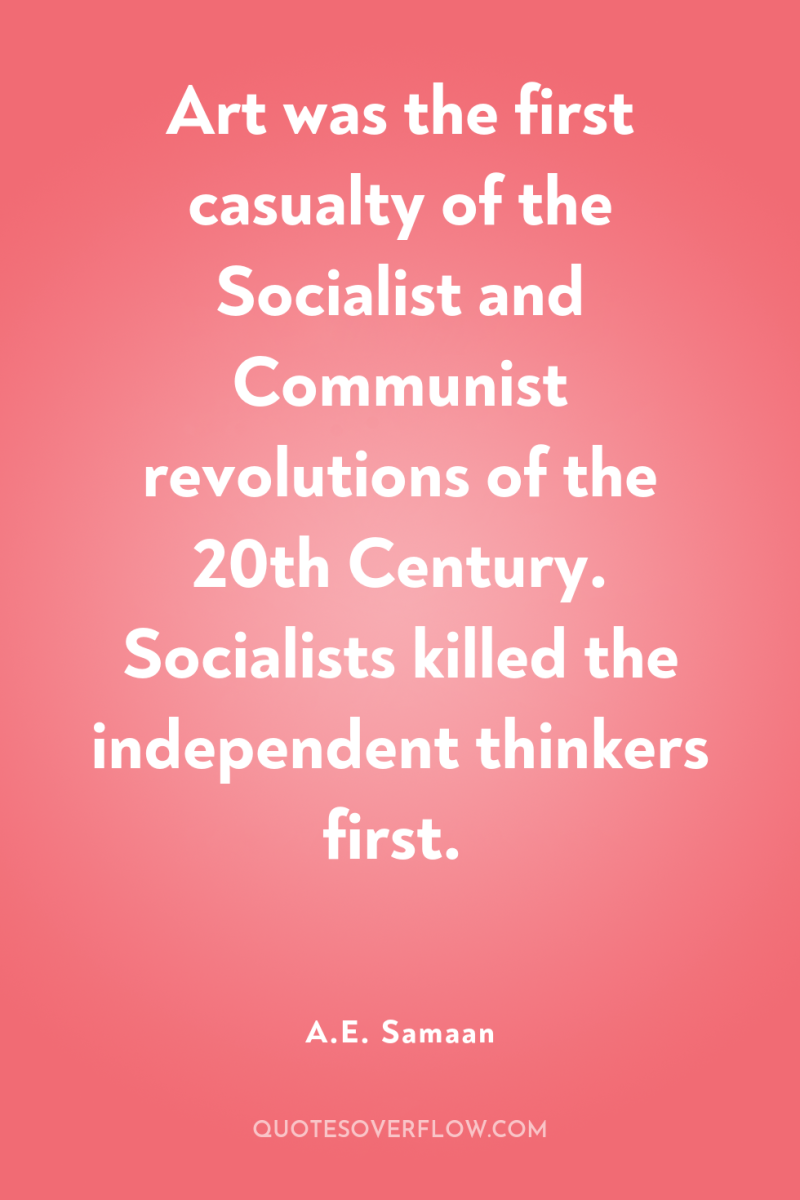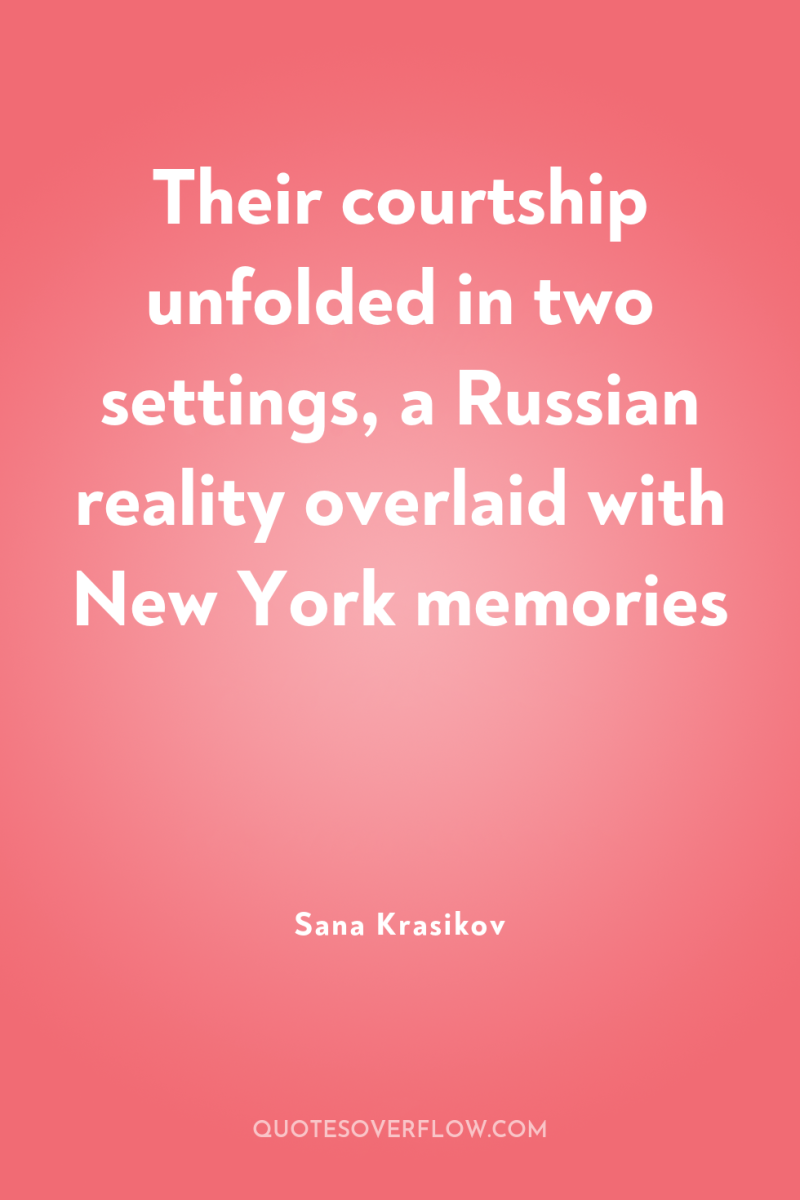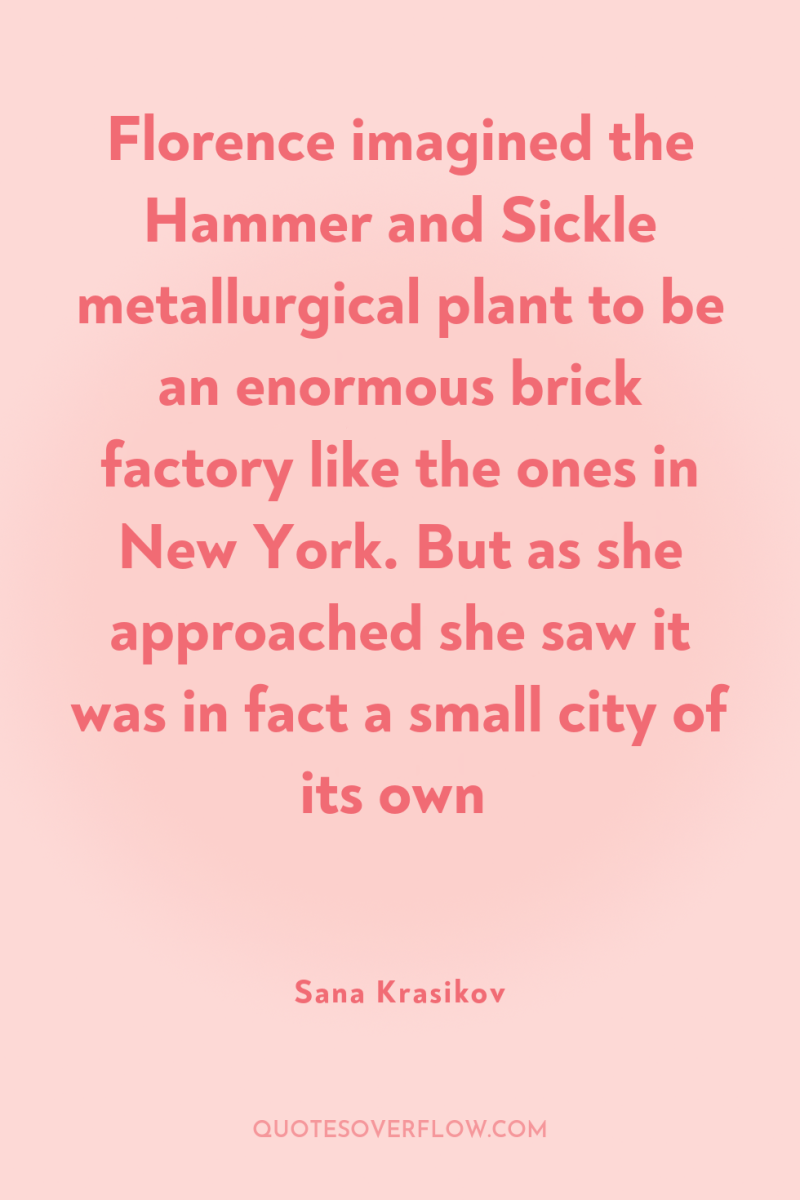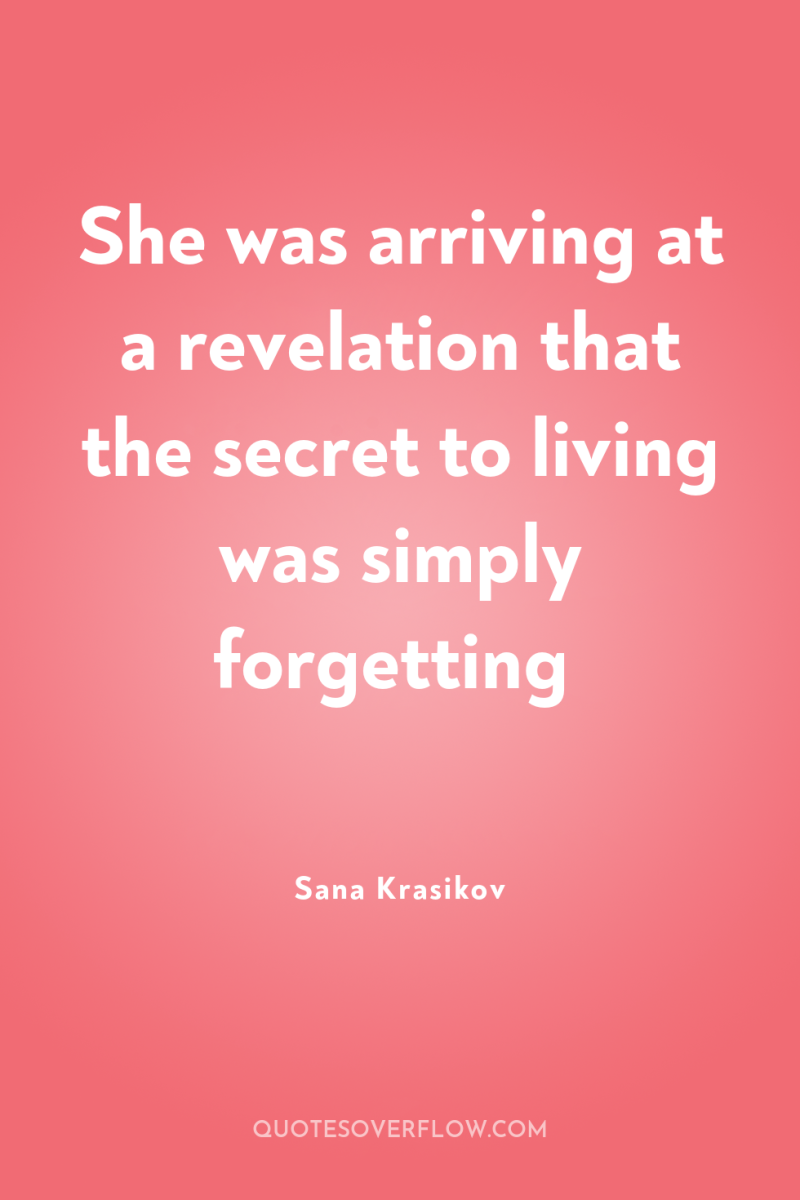1
Of the 403, 272 tank soldiers (including a small number of women) who were trained by the Red Army in the war, 310, 000 would die. Even the most optimistic troops knew what would happen when a tank was shelled. The white-hot flash of the explosion would almost certainly ignite the tank crew’s fuel and ammunition. At best, the crew–or those at least who had not been decapitated or dismembered by the shell itself–would have no more than ninety seconds to climb out of their cabin. Much of that time would be swallowed up as they struggled to open the heavy, sometimes red-hot, hatch, which might have jammed after the impact anyway. The battlefield was no haven, but it was safer than the armored coffin that would now begin to blaze, its metal components to melt. This was not simply “boiling up.” The tank would also torch the atmosphere around it. By then, there could be no hope for the men inside. Not unusually, their bodies were so badly burned that the remains were inseparable. “Have you burned yet?” was a question tank men often asked each other when they met for the first time. A dark joke from this stage in the war has a politruk informing a young man that almost every tank man in his group has died that day. “I’m sorry, ” the young man replies. “I’ll make sure that I burn tomorrow. .Catherine Merridale
2
Why don't we like them?" Katalin asked. "Because they don't treat us right." After Zoltán said it, he marveled at the realization that in trying to clarify years of abuses and lists of grievances, that in trying to make oppression understandable for a child, he had reduced the horror of Soviet domination to one simple, honest statement of fact: The Russians didn't treat the Hungarians right.Doris Mortman

3
Art was the first casualty of the Socialist and Communist revolutions of the 20th Century. Socialists killed the independent thinkers first.A.E. Samaan
4
Florence, listen to me carefully. He squeezed her hand. Take whatever that agent offers you. Give him what he wants, and don’t ask too many questions. Get yourself an exit visa as soon as you can. Then leave! Disappear. Forget this wretched placeSana Krasikov
5
From the moment Julian entered the world, Florence had begun to conceive of life as separate from the aspects of its outward circumstances. Over and over, life renewed itself. Over and over, it made itself blind to the death and destruction of the pastSana Krasikov

6
Their courtship unfolded in two settings, a Russian reality overlaid with New York memoriesSana Krasikov
7
Was it an instinct towards their future life together that she was already sensing, which made her pull back? For what she was seeing suddenly, in her mind’s eye, was an image of the two of them dancing on the edge of the world, not realising that they were about to fall offSana Krasikov
8
Only then, as she prepared to cross the avenue, did she again spot the man in the fedora hat. He was at the opposite side of the street from where he’d stood before, but the caramel color of his coat was unmistakable. He was loitering in front of what looked like a Ford V8 parked nose-up on the sidewalk. Florence adjusted her shawl over her shoulders and crossed to the opposite corner of the plaza. When she turned back to look again, he was gone .Sana Krasikov
9
Florence could feel a constriction in her chest… She had been foolish enough to hope that whatever she was walking into would affect no one but herself. Now the truth was catching up with her at the speed of her galloping heartbeat… Now they had summoned her. And they knew everythingSana Krasikov

10
Florence imagined the Hammer and Sickle metallurgical plant to be an enormous brick factory like the ones in New York. But as she approached she saw it was in fact a small city of its ownSana Krasikov

11
A Red Riding Hood out of her depths in the woods of socialismSana Krasikov

12
She was arriving at a revelation that the secret to living was simply forgettingSana Krasikov
13
The Bolshevik leaders perched atop the Mausoleum were no easier to tell apart than chess pawns. But Florence too was certain that she could recognise the twinkling eyes of Joseph Stalin, which looked down at her each workday from the oil painting above Timofeyev’s deskSana Krasikov
14
Sunset was just then settling over Red Square. There seemed some hidden vision to be gleaned. A message about man’s chaotic spirit and his sombre dignity. His dignity and his power. His power and his purpose. She was sure that there was some thread there, but the burden of decoding it made her feel too tiredSana Krasikov
15
Moscow appeared to her as an Asiatic sprawl of twisting streets, wooden shanties, and horse cabs. But already another Moscow was rising up through the chaos of the first. Streets built to accommodate donkey tracks have been torn open and replaced with boulevards broader than two or three Park Avenues. On the sidewalks, pedestrians were being detoured onto planks around enormous construction pits. A smell of sawdust and metal filings hung in the air .Sana Krasikov
16
Sergey described the mighty furnaces and plants rising up from the steppes. “How far we’ve come. How much work there is still to do! ” She would have to see it herself one day, with her own eyes. Florence reread the last line with a turbulent flip in her stomach. Was this an invitation?Sana Krasikov
17
Our communists aren’t like your communists. In New York they’re always on the street demonstrating, but their demands are absurd. Slash rents! Free groceries and electricity for the poor! They demand that landlords open up their vacant apartments to house the unemployed. They even demand that the Communist Party distribute unemployment relief instead of the Labor Department. They might as well demand cake and champagne! .Sana Krasikov
18
This formidable officine dates from Peter the Great, who formed it in 1697...its historic origins must, however, be looked for much earlier; one finds them in the byzantine traditions and in the operations of the Tartar domination...espionage, delation, torture, and secret executions were the normal and regulating instruments of the |||||||| police.Unknown
19
My mother had been in the Soviet whirlpool for eleven years by this point. Enough time, I imagine, to unlearn the bourgeois habits of her native Brooklyn, to accustom herself to the farting and shouting of her neighbours, to doing her washing by hand in the collective tub, to keeping her dry food locked up in her wardrobeSana Krasikov
20
Florence, listen to me carefully.... Take whatever that agent offers you. Give him what he wants, and don’t ask too many questions. Get yourself an exit visa as soon as you can. Then leave! Disappear. Forget this wretched placeSana Krasikov
21
Who is she, after all? Not a member of the Party. Not even a Russian...What can she do, really, but watch the ginger-haired sacrificial lamb get slaughtered? One wrong move and Florence herself might be on the chopping block herselfSana Krasikov
22
The immediate difficulty, Florence realised while riding the high rail back to Brooklyn, was how to break the news to her parents, even if she could convince them that being a chaperone to six foreign men was a legitimate occupation for a twenty-three-year-old girl. What choice did she have? A paycheck could not win a girl’s independenceSana Krasikov
23
The saddest thing of all was that their party represented a deviation from the conditions of the time. It was impossible to imagine that in the houses across the lane people were eating and drinking in the same way at such an hour. Beyond the window lay mute, dark, hungry Moscow. Her food stores were empty, and people had even forgotten to think of such things as game and vodka. And thus it turned out that the only true life is one that resembles the life around us and drowns in it without leaving a trace, that isolated happiness is not happiness, so that duck and alcohol, when they seem to be the only ones in town, are not alcohol and a duck at all.Boris Pasternak
24
He realized that trust between people is what makes us happy. Any totalitarian state is based on betrayal. It needs people to inform on each other, to avoid socializing to interact only through the state and to avoid unsanctioned meetings.Oliver Bullough
25
An imaginary friend once asked me why Americans can't stand Russia. The answer was cold, deadly, silent, and, well expected. It’s because in Soviet Russia nothing happens anymore, because it doesn’t exist anymore. And Americans are all about happenings. If there isn’t one — they don’t go where it isn’t, because there isn’t anything to happen to them there.Will Advise
26
... none had been outside Russia. I kept trying to remember something that I had read about a species of fish that was born, lived, spawned, died in the dark waters of a cave; and were blind.Martha Gellhorn
27
Democracy is not a form of government. It is a tool of government. Case in point, Stalinist USSR was a "democracy".A.E. Samaan
28
I was amongst them — the first female pilot who had got admission to the Sturmoviks…Since my childhood I’d been lucky enough to meet good people. Wherever I studied, wherever I worked I would meet loyal friends, kind-hearted tutors. I was trained at the factory school by the old craftsman Goubanov, I was assisted by the engineer Aliev, who was the shift boss, in my transfer to the most important sector of operations — the tunnel. I was trained by the superb instructor Miroevskiy in the aeroclub, the secretary of the Ulyanovsk District Comsomol Committee gave me a hand at a very hard moment of my life, then there was Maria Borek from Leningrad, the Secretary of the Smolensk District Comsomol Committee, the Commissar of the Smolensk aeroclub… Was it really possible to count all those who had warmed my soul with their sympathy and human kindness and helped me to realize my dream!.Anna TimofeevaEgorova
29
LENIN = "Revolutionary Social Democracy"American Socialists = "Democratic Socialism". What is the difference? The USSR held democratic referendums too; all of which increased the power of the central planners and reduced the individual to nothingness.A.E. Samaan
30
Mounting tensions in Eastern Europe send shivers down the spine. Barely a quarter of a century after the end of the Cold War we seem to be sliding inexorably towards another.Alex Morritt
31
In order to become the chisel that breaks the marble inside us, the artist must first become the hammer." [Soviet censor of paintings and photos]Anthony Marra
32
The rulers of your minds indulge in proverbs, but they've forgotten the main one, that love cannot be forced, and they have a deeply rooted habit of liberating people and making them happy, especially those who haven't asked for it. You probably fancy that there's no better place in the world for me than your camp and your company. I probably should even bless you and thank you for my captivity, for your having liberated me from my family, my son, my home, my work, from everything that's dear to me and that I live by.Boris Pasternak
33
The Soviet state was, in fact, almost perfectly designed to make people unhappy. It denied its citizens not just hope, but also trust. Every activity had to be sanctioned by the state. Any person could be an informant. No action could be guaranteed to be without consequence. Father Dmitry preached friendship and warmth and belief to his parishioners, and inspired a generation to live as humans and not as parts of a machine.Oliver Bullough
34
What a relief, Nadya thought; in that light he would not be able to tell that she had been crying." You mean if it weren't for the blackout you wouldn't have come?" Dasha took up Shchagov's tone, flirting unconsciously, as she did with every unmarried man she met." By no means, never. In bright light women's faces are deprived of all their charm; it reveals their spiteful expressions, their envious glances, their premature wrinkles, their heavy cosmetics." Nadya shuddered at the words "envious glances"–it was as if he had overheard their argument. Shchagov went on:" If I were a woman, I would make it a law that lights be kept low. Then everyone would soon have a husband." Dasha looked disapprovingly at Shchagov. He always talked that way, and she didn't like it. All his phrases seemed memorized, insincere.Aleksandr Solzhenitsyn
35
In actual fact our Russian experience–when I use the word "Russian" I always differentiate it from the word "Soviet"–I have in mind even pre- Soviet, pre-revolutinoary experience–in actual fact it is vitally important for the West, because by some chance of history we have trodden the same path seventy or eighty years before the West. And now it is with a strange sensation that we look at what is happening to you; many social phenomena that happened in Russia before its collapse are being repeated. Our experience of life is of vital importance to the West, but I am not convinced that you are capable of assimilating it without having gone through it to the end yourselves. You know, one could quote here many examples: for one, a certain retreat by the older generation, yielding their intellectual leadership to the younger generation. It is against the natural order of things for those who are youngest, with the least experience of life, to have the greatest influence in directing the life of society. One can say then that this is what forms the spirit of the age, the current of public opinion, when people in authority, well known professors and scientists, are reluctant to enter into an argument even when they hold a different opinion. It is considered embarrassing to put forward one's counterarguments, lest one become involved. And so there is a certain abdication of responsibility, which is typical here where there is complete freedom.. There is now a universal adulation of revolutionaries, the more so the more extreme they are! Similarly, before the revolution, we had in Russia, if not a cult of terror, then a fierce defense of terrorists. People in good positions–intellectuals, professors, liberals–spent a great deal of effort, anger, and indignation in defending terrorists. .Aleksandr Solzhenitsyn